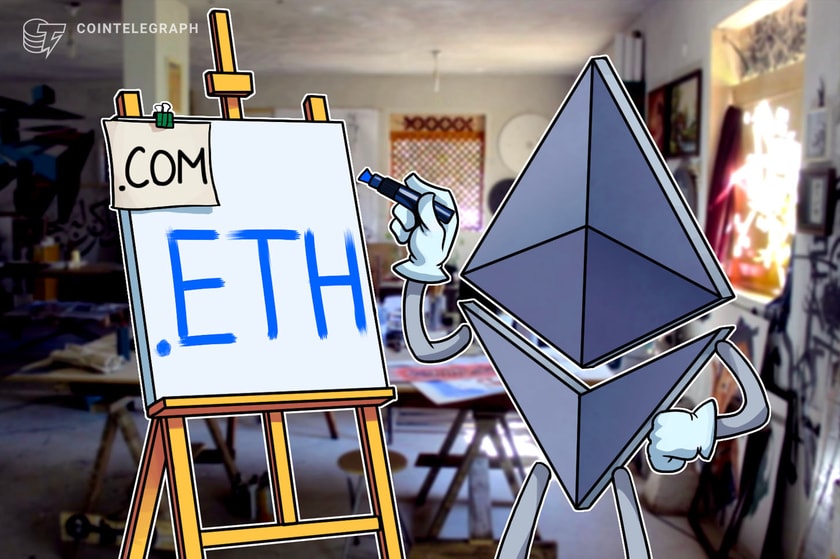Member-driven blockchain standards organization the Enterprise Ethereum Alliance (EEA) has released two new specifications aiming to accelerate and enhance blockchain implementation for enterprises. The news was shared with Cointelegraph in two press releases on May 13.
The EEA, which counts over 500 members, describes itself as a “standards organization whose charter is to develop open, blockchain specifications that drive harmonization and interoperability.”
EEA members include global consulting firm Accenture, banks Santander and JPMorgan Chase, blockchain incubator ConsenSys, Big Four auditor EY, tech giants Intel, Microsoft and IBM and blockchain consortium R3.
One of today’s newly-released specifications is a set of standard application programming interfaces (APIs) — published as the EEA Off-Chain Trusted Compute Specification V1.0 — which support development work with programs for blockchain transactions that demand privacy, oracle services and compute-intensive workloads.
The off-chain solution is reportedly designed to enable enterprises to choose the most appropriate trusted compute technology for their use case — supporting methods such as Trusted Execution Environments, Zero-Knowledge Proofs and Trusted Multi-Party-Compute.
In a statement accompanying the solution’s release, EEA executive director Ron Resnick acknowledged in particular the input of EEA members such as Microsoft, Intel, Banco Santander and ConsenSys.
He noted that many enterprise blockchain use cases demand complex “privacy, security, throughput, and latency” solutions, and thus that:
“Temporarily moving some transactions off-chain for computation elsewhere, and then returning a summary to the main chain is a promising method for achieving such requirements.”
EEA’s parallel new release is the Enterprise Ethereum Client Specification V3, which reportedly simplifies and makes the Client’s permissions systems more flexible.
To develop the latest specification, the EEA Technical Standards Working Group tackled performance and interoperability issues based upon feedback from users and cross-industry EEA Special Interest Groups.
It also heeded the implementation experience and customer feedback for BlockApps’, Clearmatics’, ConsenSys’, and JPMorgan Quorum’s enterprise blockchain software.
As Cointelegraph reported in April, the EEA launched a blockchain-neutral Token Taxonomy Initiative which will seek to define tokens in non-technical and cross-industry terms in a bid to drive enterprise token adoption at scale.









